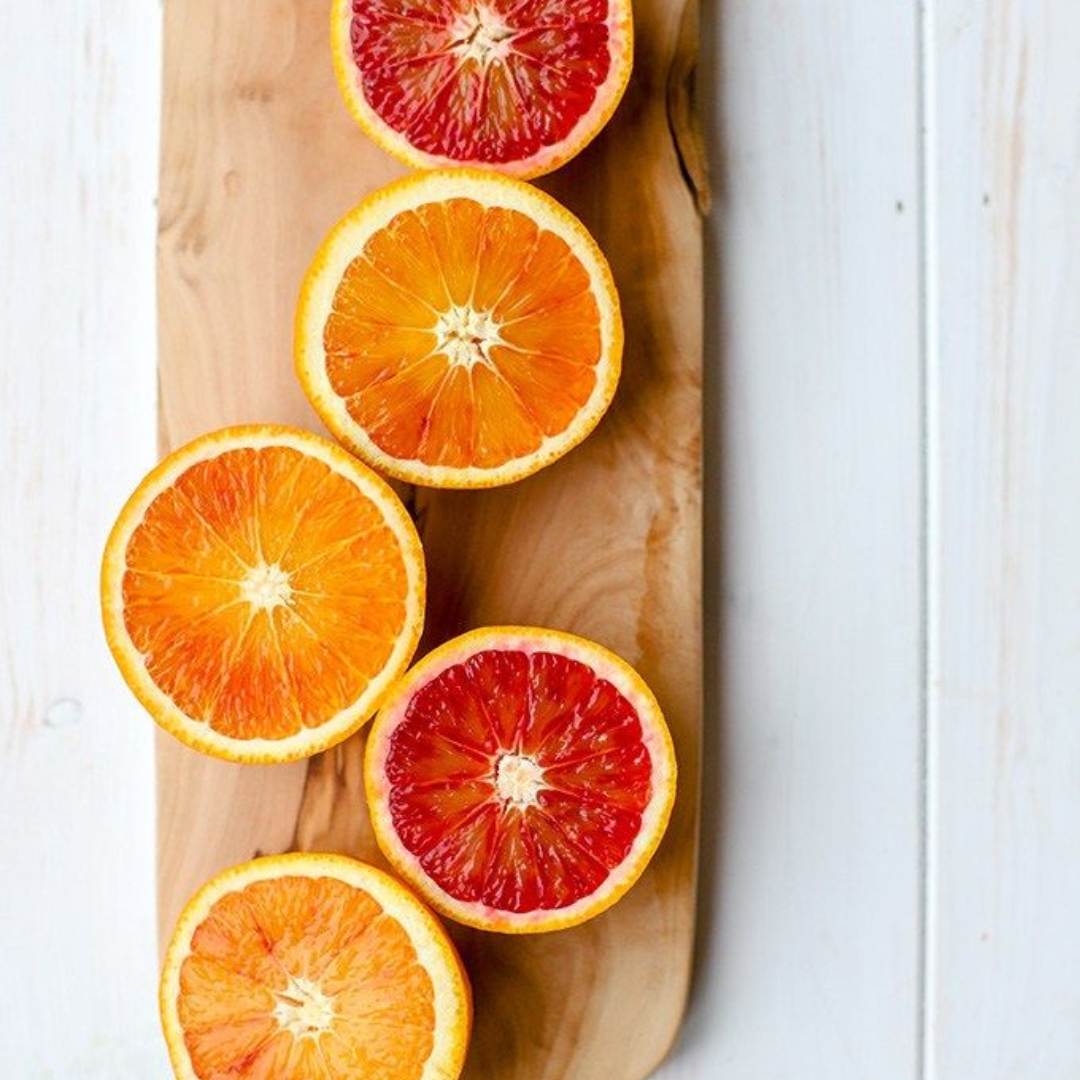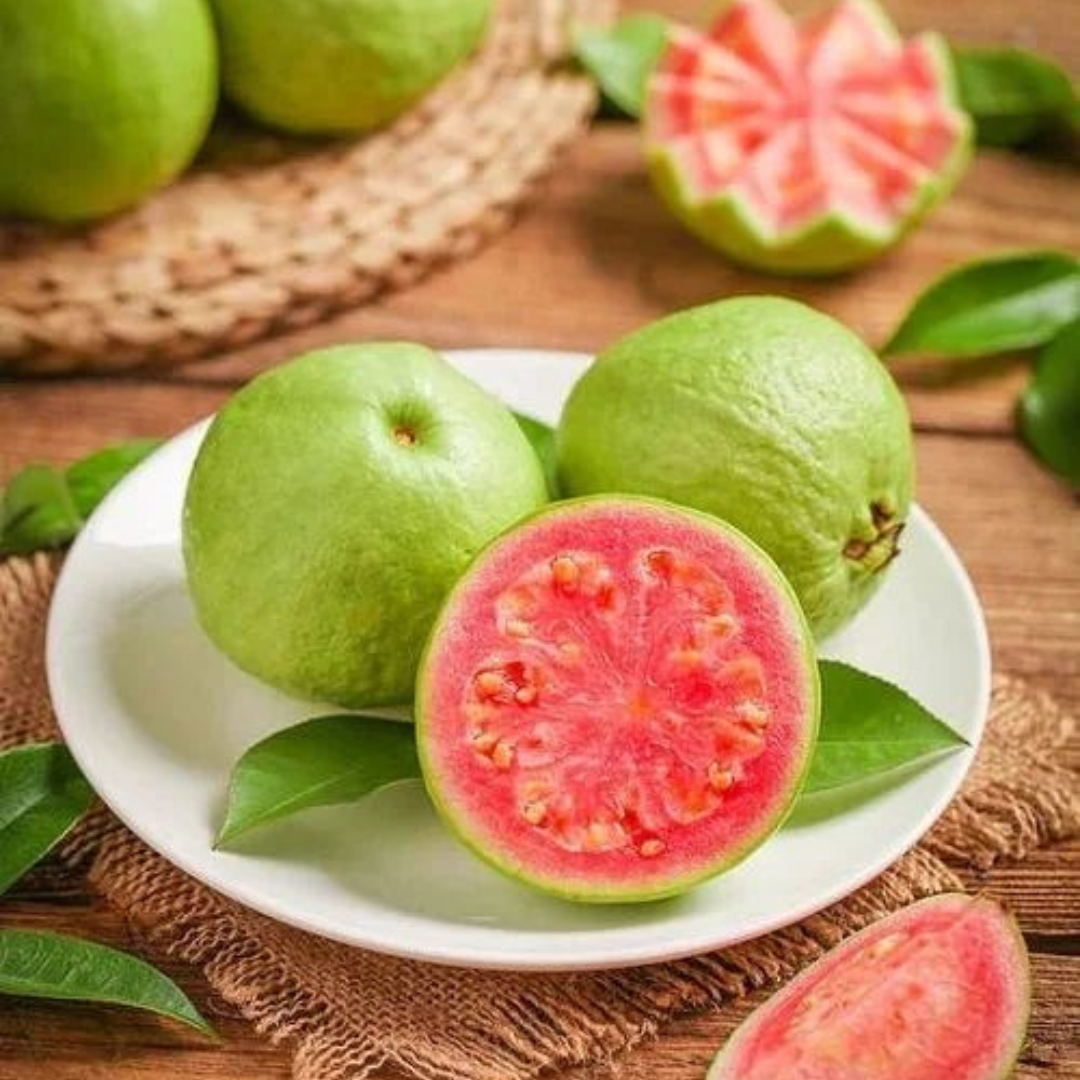Pregnancy is a time when every morsel you consume plays a crucial role in nurturing both you and your growing baby. Broccoli, with its vibrant green florets, often finds its way onto the plates of health-conscious individuals. But is it a wise choice during pregnancy? In this insightful exploration, we'll delve into the world of broccoli, discussing its benefits, how to incorporate it into your pregnancy diet, and addressing common queries. Prepare to uncover the secrets of this cruciferous wonder and learn why it might just be the green ticket to a healthier pregnancy.
Benefits of Broccoli During Pregnancy: Nurturing Mother and Baby
Pregnancy is a time when every bite you take plays a crucial role in the well-being of both you and your growing baby. Broccoli, a vibrant green cruciferous vegetable, comes packed with a myriad of benefits that make it a valuable addition to your pregnancy diet. Let's explore the benefits of broccoli during this special journey:
1. Folate for Fetal Development:
Broccoli is rich in folate, a B vitamin that is crucial for the early development of your baby's neural tube. Adequate folate intake during pregnancy can help prevent certain birth defects, making broccoli an excellent choice.
2. Vitamin C for Immune Support:
The high vitamin C content in broccoli aids in strengthening your immune system. This is especially important during pregnancy when your immune function may be slightly suppressed.
3. Iron for Energy:
Pregnant women often require additional iron to support the increase in blood volume. Broccoli contains a moderate amount of iron, which can contribute to your overall energy levels.
4. Fiber for Digestive Health:
Digestive issues can be common during pregnancy. Broccoli is a good source of dietary fiber, which can help regulate your digestive system and prevent constipation.
5. Calcium for Bone Health:
While broccoli is not as high in calcium as dairy products, it still provides a valuable source of this mineral for your baby's developing bones.
6. Antioxidants for Health and Wellness:
Broccoli is packed with antioxidants that can help protect your cells and tissues from damage. This can be especially beneficial during pregnancy when your body is working hard to support the growth of your baby.
7. Hydration and Nutrient Balance:
Broccoli has a high water content, which can contribute to your overall hydration. It also provides essential nutrients, helping you maintain a balanced diet during pregnancy.
8. Low in Calories:
For those conscious of weight gain during pregnancy, broccoli is a great choice. It's low in calories, allowing you to consume a substantial volume of food without excessive calorie intake.
9. Versatility in the Kitchen:
Broccoli's versatility makes it easy to include in various dishes. From stir-fries and salads to soups and sides, there are countless ways to enjoy this green gem.
10. Enjoyment and Variety:
Lastly, the simple act of enjoying your food can significantly impact your pregnancy journey. Broccoli's delightful taste and texture add variety to your meals, making your diet more enjoyable.
Incorporating broccoli into your pregnancy diet not only brings a burst of nutrients but also supports your overall well-being and that of your baby. Embrace the green goodness of this cruciferous vegetable and savor its benefits as you navigate the remarkable journey of pregnancy.
How to Eat Broccoli During Pregnancy: Culinary Creativity Unleashed
Eating broccoli doesn't have to be boring. We'll share creative and tasty ways to incorporate broccoli into your meals, from delightful salads to flavorful stir-fries. Discover recipes that not only satisfy your taste buds but also provide essential nutrients for a healthy pregnancy.
Here are three pregnancy-safe broccoli recipes that you can enjoy during this special time:
1. Broccoli and Cheese Stuffed Baked Potatoes
Ingredients:
- 4 medium-sized baking potatoes
- 2 cups of broccoli florets, steamed and chopped
- 1 cup of shredded cheddar cheese
- 1/2 cup of plain Greek yogurt
- 1/4 cup of chopped green onions
- Salt and pepper to taste
Instructions:
- Preheat your oven to 400°F (200°C).
- Scrub the potatoes, poke them with a fork, and bake for about 45-60 minutes or until they are tender.
- While the potatoes are baking, steam the broccoli until it's tender. Chop it into small pieces.
- In a mixing bowl, combine the chopped broccoli, shredded cheddar cheese, plain Greek yogurt, and chopped green onions. Add a pinch of salt and pepper to taste.
- Once the potatoes are done, cut them open, and fluff the insides with a fork.
- Spoon the broccoli and cheese mixture into the potatoes.
- Place the stuffed potatoes back in the oven for about 10 minutes or until the cheese is melted and bubbly.
- Serve hot and enjoy this nutritious and comforting meal.
2. Broccoli and Chicken Stir-Fry
Ingredients:
- 2 boneless, skinless chicken breasts, cut into bite-sized pieces
- 2 cups of broccoli florets
- 1 red bell pepper, sliced
- 2 cloves of garlic, minced
- 1/4 cup of low-sodium soy sauce
- 1 tablespoon of honey
- 1 tablespoon of cornstarch
- 2 tablespoons of olive oil
- Cooked brown rice or whole-grain noodles
Instructions:
- In a small bowl, whisk together the soy sauce, honey, and cornstarch to make the stir-fry sauce.
- Heat the olive oil in a large skillet or wok over medium-high heat.
- Add the chicken pieces and cook until they are no longer pink in the center. Remove them from the skillet and set them aside.
- In the same skillet, add the minced garlic, broccoli florets, and sliced red bell pepper. Stir-fry for a few minutes until the vegetables are tender-crisp.
- Return the cooked chicken to the skillet and pour the stir-fry sauce over the chicken and vegetables.
- Cook for a few more minutes until the sauce thickens and everything is heated through.
- Serve the broccoli and chicken stir-fry over cooked brown rice or whole grain noodles for a satisfying and nutritious meal.
3. Creamy Broccoli Soup
Ingredients:
- 4 cups of broccoli florets
- 1 onion, chopped
- 2 cloves of garlic, minced
- 4 cups of vegetable or chicken broth
- 1 cup of plain Greek yogurt
- Salt and pepper to taste
Instructions:
- In a large pot, sauté the chopped onion and minced garlic in a bit of olive oil until they become translucent.
- Add the broccoli florets and continue to cook for a few more minutes.
- Pour in the vegetable or chicken broth and bring the mixture to a boil. Reduce the heat and let it simmer until the broccoli is tender.
- Use an immersion blender to puree the soup until smooth.
- Stir in the plain Greek yogurt and continue to heat the soup, but do not let it boil.
- Season with salt and pepper to taste.
- Serve the creamy broccoli soup hot, and enjoy the soothing flavors of this nutritious dish.
These recipes are designed to be safe and delicious for pregnant women, providing essential nutrients while satisfying your taste buds.
Can We Eat Broccoli During Pregnancy? Debunking Common Concerns
Pregnancy brings with it a multitude of dietary considerations, and one vegetable that often sparks questions is broccoli. Is it safe? Can it cause discomfort? In this exploration, we'll address common concerns and provide evidence-based insights to help you make informed decisions about including broccoli in your pregnancy diet.
Myth: Broccoli Causes Gas and Bloating
Fact: While some individuals may experience gas or bloating after consuming broccoli, it's not a widespread issue. These symptoms are often associated with overindulgence in cruciferous vegetables. By consuming broccoli in moderation and ensuring it's cooked to your preference, you can minimize the risk of discomfort.
Myth: Broccoli Is Hard to Digest
Fact: Broccoli is relatively easy to digest when cooked appropriately. Overcooking or undercooking can lead to texture issues that may affect digestibility. Opt for a cooking method that suits your preferences, whether it's lightly steamed, roasted, or added to a stir-fry. Properly cooked broccoli should be tender and easy to digest.
Myth: Broccoli Is Harmful Due to Pesticides
Fact: Concerns about pesticide residues on vegetables are valid, but they can be mitigated by washing and choosing organic options. Opt for organic broccoli to reduce exposure to pesticides, or thoroughly wash conventionally grown broccoli to remove residues.
Myth: Broccoli Is a Source of Oxalates, Which Can Be Harmful
Fact: Broccoli does contain oxalates, compounds that can contribute to kidney stones in susceptible individuals. However, the levels of oxalates in broccoli are relatively low, and they are not a significant concern for most people. If you're prone to kidney stones, consult your healthcare provider for personalized advice.
Myth: Broccoli Is Unsafe During the First Trimester
Fact: Broccoli is safe to consume during the first trimester of pregnancy and throughout the entire gestation period. In fact, its folate content is beneficial, especially in the early stages of fetal development. As with any food, ensure it's part of a balanced and varied diet.
In Conclusion: Green Choices, Sustainable Future
As we wrap up our exploration of broccoli during pregnancy, it's essential not only to consider its nutritional virtues but also the sustainability of your dietary choices. Broccoli can be a nutritious addition to your pregnancy diet. While some concerns exist, they are often based on misconceptions or apply to specific situations. By enjoying broccoli in moderation, preparing it to your liking, and considering organic options, you can savor its nutritional benefits while minimizing any potential discomfort. Your healthcare provider can provide personalized guidance to address any specific concerns or dietary considerations during your pregnancy journey.
Your journey toward a healthier pregnancy can align seamlessly with a commitment to sustainability. Consider exploring products from A Toddler Thing, a brand dedicated to sustainability. By choosing items from such a mindful and eco-conscious brand, you actively contribute to a greener future while nurturing your own well-being and that of your baby. Embrace the green goodness of broccoli and let it be a testament to your dedication to a healthy and sustainable pregnancy journey. Your choices matter, not only for today but for the generations to come.





